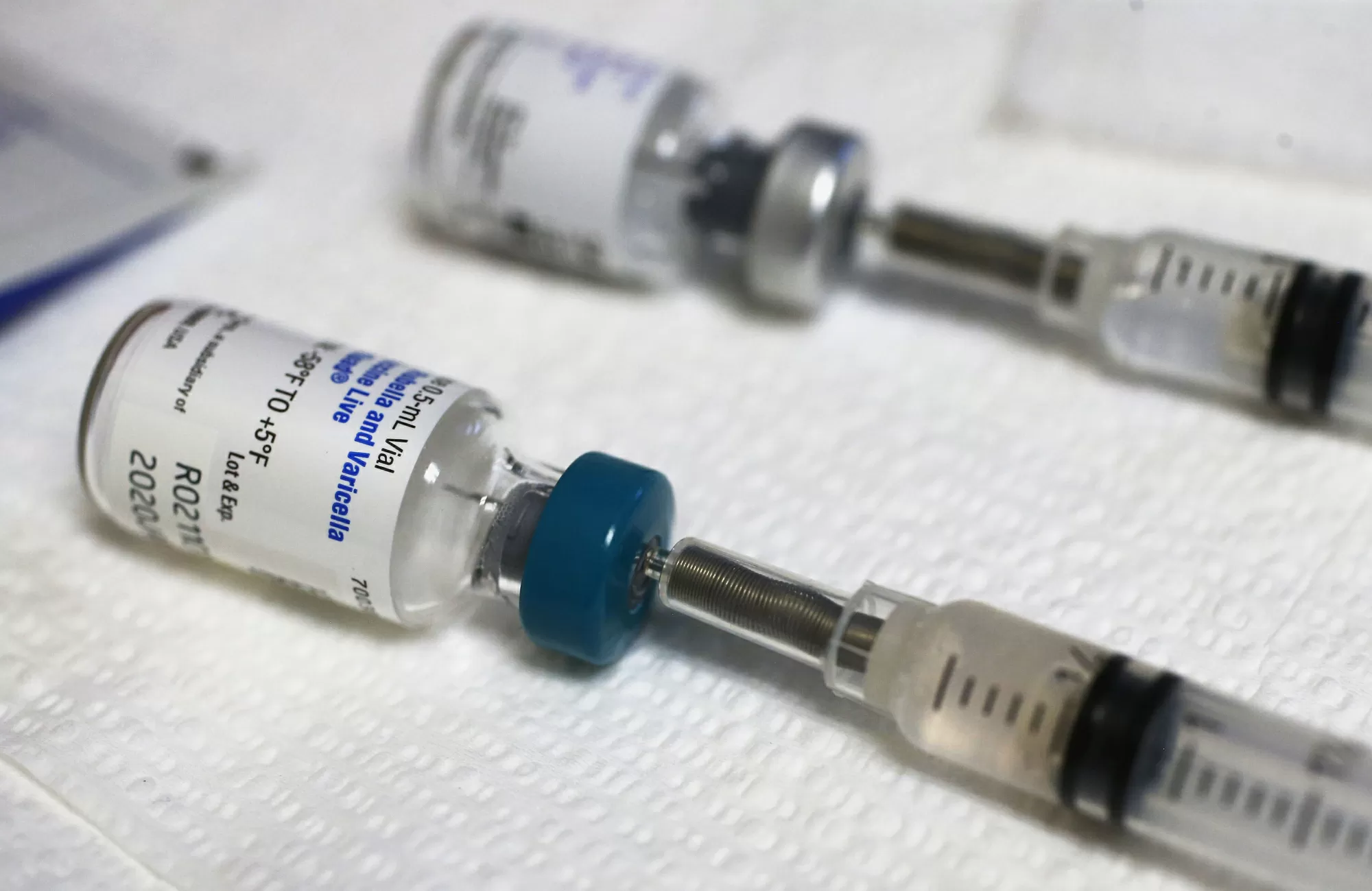With the recent outbreak of measles in various parts of the world, the importance of vaccination has once again been brought to the forefront. Measles, a highly contagious viral infection, was declared eliminated in the United States in 2000 due to widespread vaccination efforts. However, in recent years, there has been a resurgence of this disease, with the World Health Organization reporting a 300% increase in global measles cases in the first three months of 2019 compared to the same period last year. Amid this alarming situation, health experts are now suggesting that people vaccinated decades ago may need a booster shot to protect themselves and those around them.
The measles vaccine, commonly known as the MMR (measles, mumps, and rubella) vaccine, is recommended for all children and adults who have not been previously vaccinated. It is a safe and effective way of preventing this highly infectious disease. However, with the recent outbreaks, it has become clear that some individuals who received the vaccine in the past may not have the same level of protection as they did when they were first vaccinated. This is particularly concerning for individuals who were vaccinated several decades ago, as immunity to measles can wane over time.
It is important to note that the MMR vaccine provides long-lasting protection against measles, mumps, and rubella. According to the Centers for Disease Control and Prevention (CDC), two doses of the vaccine are about 97% effective at preventing measles, while one dose is about 93% effective. This means that most people who have received the recommended two doses of the MMR vaccine are protected for life. However, due to the recent outbreaks, health experts are now advising individuals who were vaccinated decades ago to consider getting a booster shot to ensure they have adequate protection against measles.
The recommendation for a booster shot is not limited to a specific age group, but rather to those who were vaccinated in the 1960s, 70s, and 80s. This is because the measles vaccine used during that time was not as effective as the one used today. Furthermore, the vaccination schedule also differed, with only one dose of the vaccine being recommended instead of the current two-dose schedule. This means that individuals who were vaccinated during this time may have a lower level of immunity compared to those who were vaccinated in recent years.
It is important to understand that getting a booster shot not only protects the individual but also helps prevent the spread of measles to others. Measles is highly contagious and can easily spread through coughing and sneezing. If an individual who has not been vaccinated or has a weakened immune system comes into contact with the virus, they are at a high risk of contracting the disease. By getting a booster shot, individuals can help create a protective barrier in the community and prevent the spread of this dangerous disease.
In addition to getting a booster shot, it is crucial that individuals stay up-to-date with their vaccinations, especially if they are planning to travel internationally. Measles is still prevalent in many parts of the world, and unvaccinated individuals who travel to these areas can bring the virus back with them and spread it to others. Therefore, it is important to check with a healthcare provider about the recommended vaccinations before traveling.
It is understandable that some individuals may be hesitant about getting a booster shot. However, it is essential to trust the science and the decades of research that have gone into developing and improving the measles vaccine. The benefits of getting a booster shot far outweigh the risks, and it is a small price to pay to protect oneself and the community from a potentially deadly disease.
In conclusion, amid the current measles outbreak, it is crucial for individuals to consider getting a booster shot, especially if they were vaccinated several decades ago. This not only ensures their own protection but also helps prevent the spread of the disease to others. It is also essential to stay up-to-date with vaccinations and to consult with a healthcare provider before traveling. Let us all play our part in keeping ourselves and our communities safe from preventable diseases like measles.








